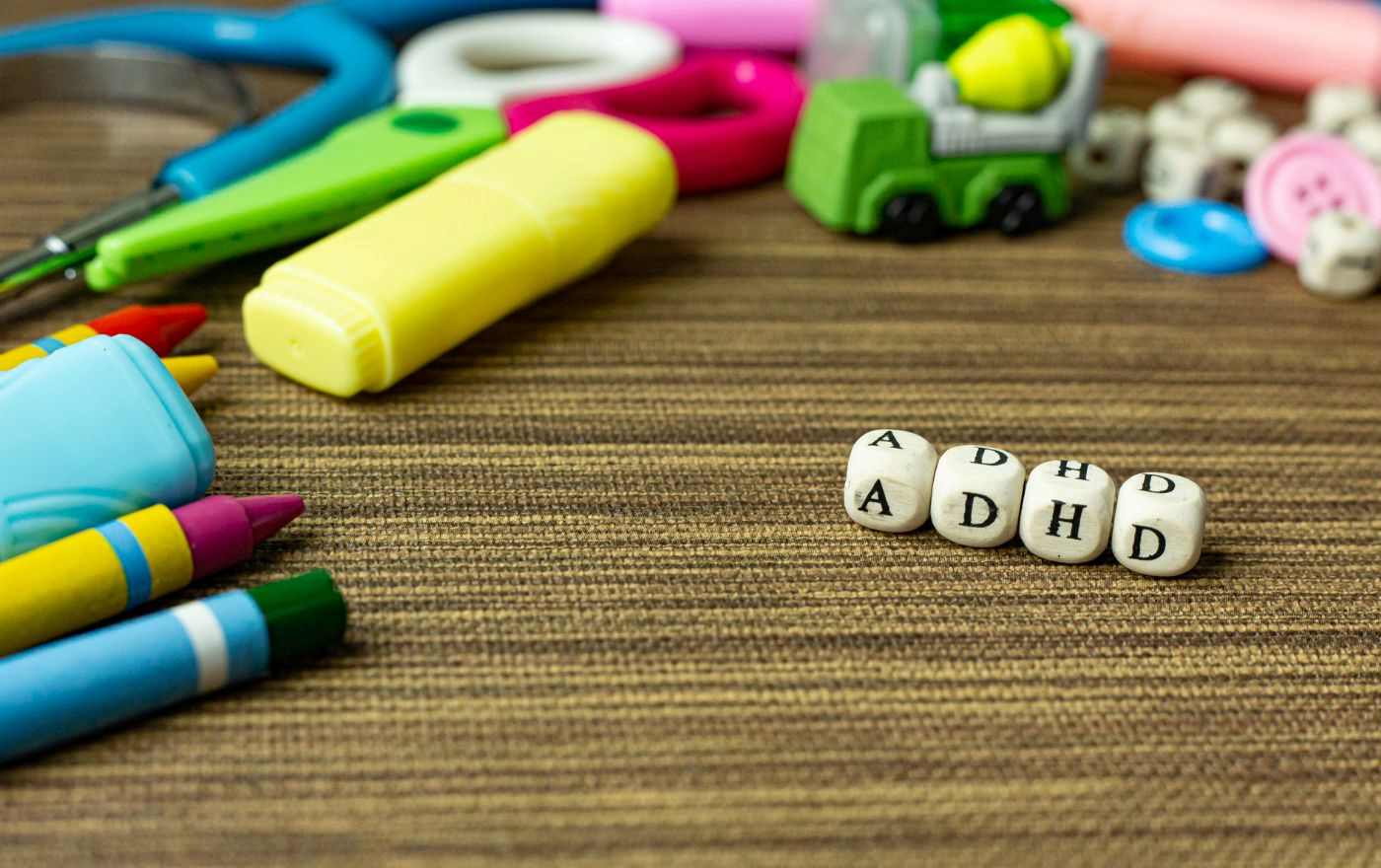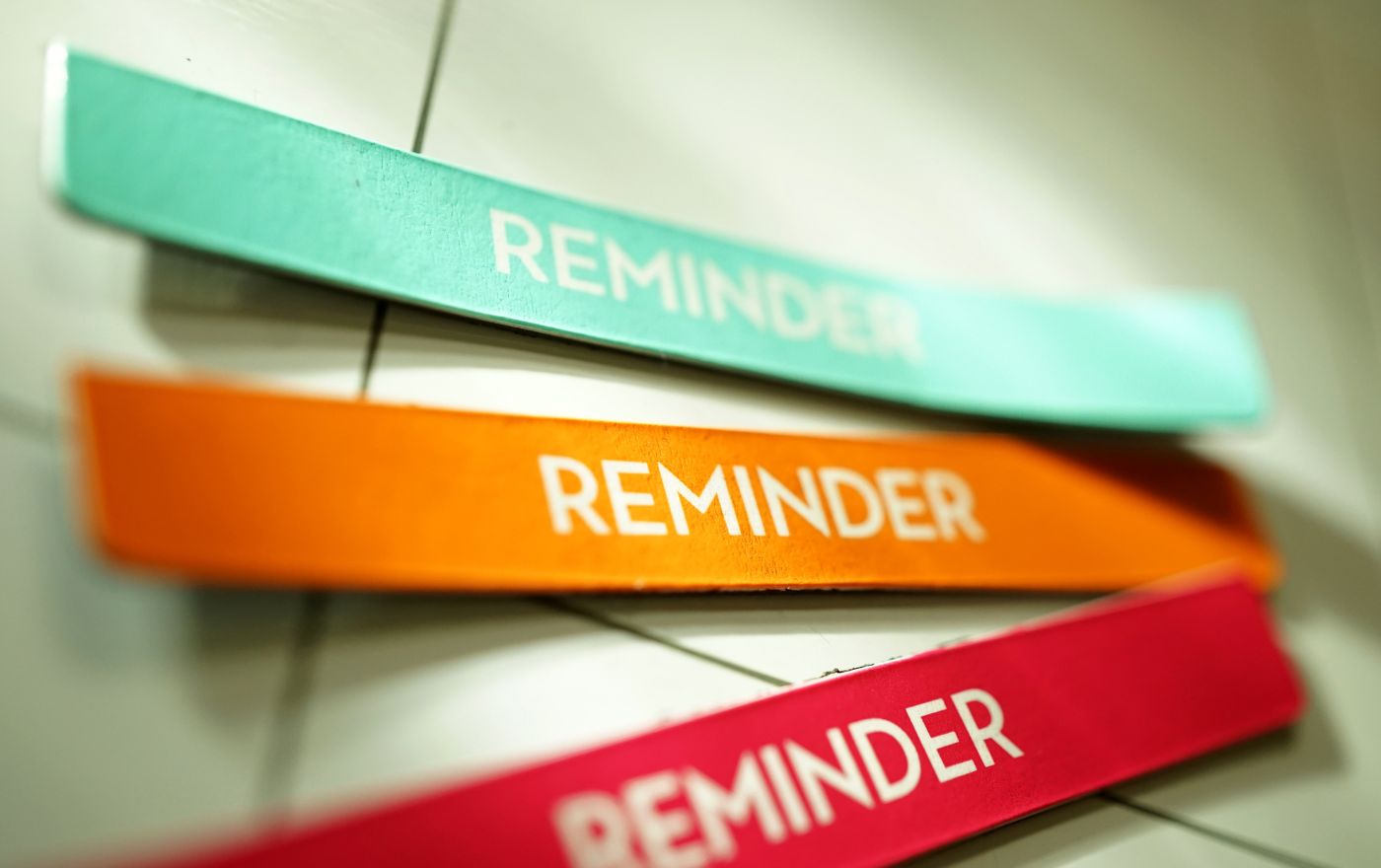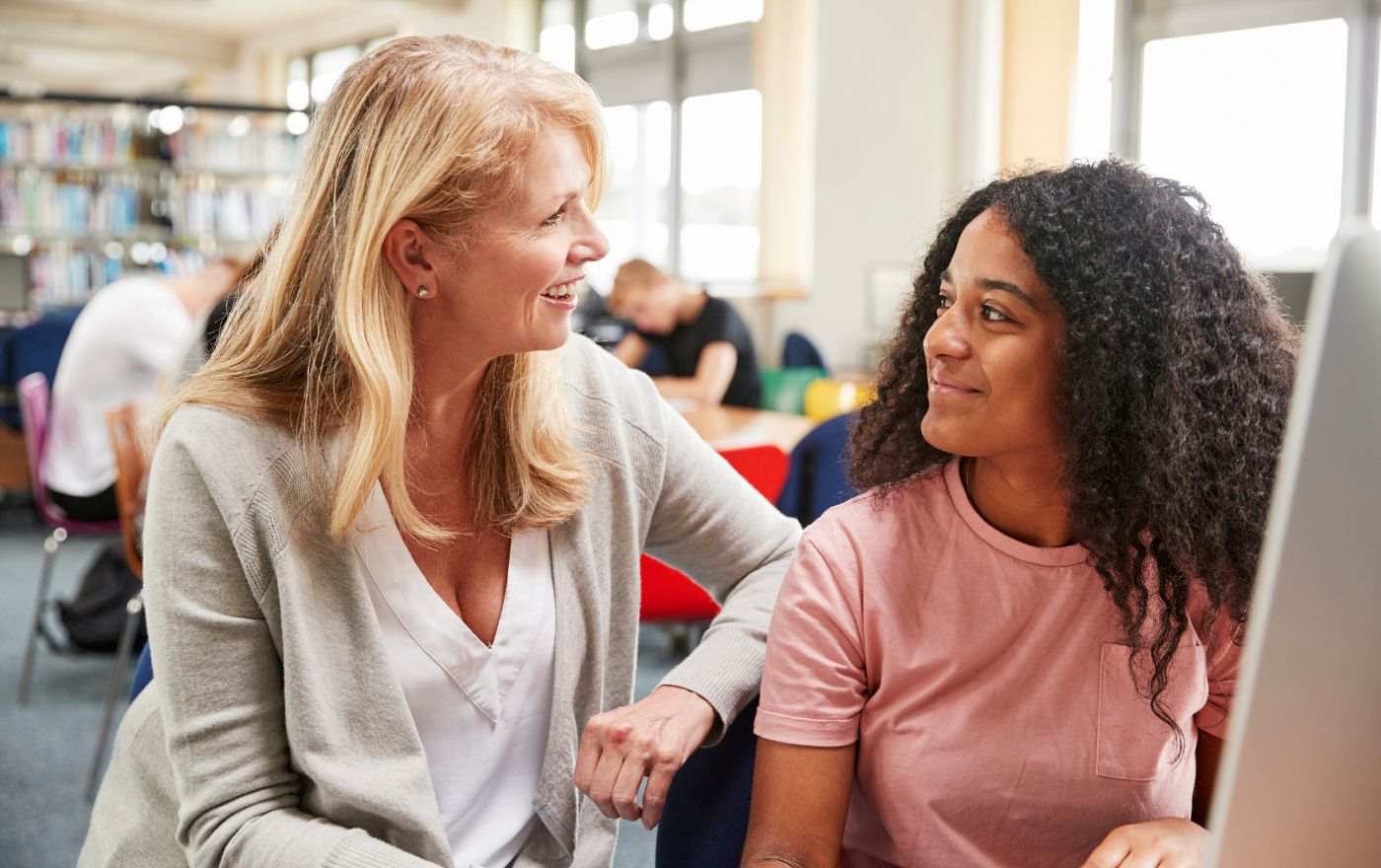
26 Dec Supporting ADHD Girls
SUPPORTING ADHD GIRLS:
A GUIDE FOR NAVIGATING FRIENDSHIPS AND SCHOOL SUCCESS

You’ve been noticing some concerning trends with your daughter lately. She’s having trouble focusing in class finishing her homework, and her friendships seem tense. As a parent, you want the best for your child, so learning how to support a daughter with ADHD can feel overwhelming. While the symptoms of ADHD are usually identified during early childhood, ADHD in school-aged girls are often diagnosed later in life than boys. This is because ADHD symptoms can be different in girls than boys, making it harder to recognize the condition. The good news is with the right strategies and community support, ADHD girls can thrive both socially and academically.
This guide will walk you through the unique challenges ADHD presents for girls, how to help build a strong support system of friends and teachers and strategies for finding success in school. Your daughter is a bright, creative, caring girl – she needs the skills and scaffolding to navigate the additional barriers that come with an ADHD diagnosis. Together, you can set her up to build confidence from an early age and develop into a happy, well-adjusted young woman. The road ahead may not always be easy, but with love, patience, and the right resources, you’ve got this.
Understanding ADHD in School-Aged Girls
Regarding friendships and success in school, ADHD girls face some unique challenges.
Understanding the Social Side.
ADHD makes it hard to focus, sit still, and think before acting – all of which can impact how girls form and maintain friendships. Impulsiveness may lead to hurt feelings or frustration in peers. Hyperfocusing on certain friends can be off-putting. Disorganization causes forgotten plans or unreturned texts.
It’s important to teach your daughter social strategies to help her strengthen friendships:
- Encourage her to listen well and think before responding. Help her see how her words might affect others.
- Role-play various social situations and discuss better responses. Practice makes progress.
- Set reminders to reach out to friends regularly. Make a schedule to rotate between friends so no one feels left out.
- Help her break big tasks into steps. This makes following through on plans and commitments more achievable.
- Foster her interests and strengths. Having common ground with friends gives more reasons to connect.
In school, executive functioning challenges can make it hard to keep up.
Setting the Stage for Success.
With support and accommodations, ADHD girls can thrive:
- Meet with teachers and explain how ADHD impacts your daughter. Discuss any needed classroom changes.
- Create routines and schedules for homework, chores, activities, and free time. Structure and consistency help.
- Offer breaks when frustration builds up. Even taking a short walk can help redirect focus.
- Provide coaching and encouragement. Cheer her on through struggles and celebrate wins, big and small.
- Make learning fun and engaging. Use interactive materials, games, hands-on activities, and real-world examples.
With the right support system in place, ADHD girls can build lasting friendships and find success in school. Help is out there, so use all available resources to set your daughter up for the bright future she deserves.

Common Social Challenges for Girls With ADHD
As a girl with ADHD, making and keeping friends can be challenging. Your innate curiosity and enthusiasm may appear annoying or weird to other girls. You might feel like an outsider, struggling to fit in and connect. But keep hope! With understanding and the right strategies, you can build rewarding friendships.
Common Challenges
Hyperfocusing on certain friends while ignoring others. You may become intensely interested in a new friend and then drop them suddenly when your focus shifts. Try to maintain a wider social circle and balance your attention.
Trouble reading social cues. You may miss subtle hints that you’re irritating someone or not pick up that a friend’s mood has changed. Ask friends directly how they’re feeling instead of guessing.
Impulsiveness causes hurt feelings. Speaking or acting without thinking can damage friendships. Count to 10 before responding in anger. Listen to friends’ feedback and sincerely apologize when needed.
Difficulty organizing social life. Keeping track of plans, events, and commitments with different friends may slip through the cracks. Use a calendar to schedule get-togethers, and try to avoid double-booking yourself.
Tips for Success
Look for friends with similar interests. Join clubs or activities where you’re likely to find like-minded girls. Shared interests form connections.
Be a good listener. Show interest in your friends’ lives by listening to them and asking follow-up questions. Friends will appreciate your support.
Invite friends one-on-one. Having friends visit in smaller groups can be less overwhelming so you can focus on each friend.
Talk to your parents and teachers. Let the adults in your life know if you’re struggling socially. They can offer guidance, help set up playdates, and encourage new friendships.
With the right mindset and strategies, you absolutely can build meaningful friendships. Learn to value yourself for who you are—a bright, fun, and caring girl. The rest will follow!
Tips for Building Strong Friendships
Building and maintaining friendships can be challenging for girls with ADHD. Their impulsiveness and emotional sensitivity can strain relationships, and organization and time management problems may make staying in touch with friends or attending social events difficult. However, with support and coaching, girls with ADHD can develop meaningful friendships.
Focus on listening
Encourage your daughter to be an active listener. Remind her to make eye contact, ask follow-up questions, and show interest in her friends’ lives. Listening demonstrates that she values them and their friendship.
Be reliable and consistent
Help your daughter keep a schedule or calendar to stay on top of communication and plans with friends. Set reminders for things like sending messages, calling to chat, or attending get-togethers. Following through shows her friends they can depend on her.

Find shared interests
Suggest your daughter pursue friendships with girls who share some of her passions or interests. Common ground gives them more to connect over and motivates them to spend time together. Shared interests also provide opportunities for casual hangouts that require less planning or organization.
Be open and honest
Encourage your daughter to communicate openly with her close friends about her challenges with ADHD and how it impacts her behavior or moods. Letting friends in and helping them understand her struggles will build trust and help strengthen the friendship. Her true friends will appreciate her honesty and support her.
Get help when needed
Don’t hesitate to step in and help your daughter troubleshoot or mediate issues in her friendships if she needs it. Guiding in navigating conflict, setting boundaries, or finding balance will help her friendships survive the ups and downs. With your support, she can build lasting friendships that enrich her life for years.
Strategies in Supporting ADHD Girls with Academic Success
As a parent, helping your ADHD daughter succeed in school requires providing the right support and strategies. Here are some tips to set her up for success:
Establish a routine
Having a routine can reduce distractions and make mornings less chaotic. Go to bed, wake up at the same time each day, and follow the same steps to prepare for school. This predictable structure will make the transition to school easier.
Assist with organization
Help your daughter keep her schoolwork and materials organized. Use color-coded folders for each subject, and check her backpack and room regularly to ensure everything has a proper place. Set time aside each week to go through papers and assignments together. An organized approach will make studying and completing homework more manageable.
Provide reminders
Girls with ADHD often struggle with time blindness and forgetfulness. Give your daughter reminders about when assignments are due, and events are happening at school, or activities she has planned. You might set timers to help keep her on schedule. Repeatedly reminding her in a patient, supportive way can help build the skill of self-reminding.
Check-in regularly
Maintain open communication with your daughter and her teachers. Ask how things are going socially and academically, and look for signs she may need extra support. Let her teachers know the strategies that work well at home so they can also provide appropriate support. When challenges arise, work closely with them to find solutions. Regular check-ins and collaboration will help address issues before they become bigger problems.
Celebrate successes
Provide your daughter with encouragement and praise for her efforts and accomplishments. Celebrate when she completes a big assignment, raises her grades, makes a new friend, or achieves another milestone. Reinforcing her successes will keep her motivated to continue progressing socially and academically. With your support and the right strategies in place, she can thrive!

Creating a Positive Dialog With Teachers
As a parent, maintaining a positive and open dialog with your daughter’s teachers is key to supporting her success. Teachers spend nearly as much time with our girls as we do, so cultivating a good relationship built on mutual understanding and trust is invaluable.
Schedule Regular Meetings
Make time to meet with teachers in person, especially at the beginning and end of the school year. Discuss your daughter’s strengths, challenges, interests, and goals so the teacher fully understands who she is and how to support her best. Provide any diagnoses or evaluations, and discuss specific learning or behavioral strategies that work well. Ask how you can keep the teacher’s efforts at home.
Be Proactive in Communication
Be sure to contact teachers before issues arise. Send quick emails or notes to express appreciation for their support or report small wins and improvements you see in your daughter. Let them know you’re there to troubleshoot challenges together. Teachers will be more inclined to come to you early if there are concerns.
Present a United Front
Work with teachers and other support staff to establish consistent expectations and strategies between home and school. Girls with ADHD often struggle when rules and routines differ in different environments. Ensure any behavior plans, schedules, or other tools are coordinated for the best results. Presenting this united front will also help your daughter know you have her back.
Be Open to Feedback
While you know your daughter best, be open to teachers’ observations and feedback. They may notice behaviors or patterns you don’t see at home. Discuss their concerns respectfully and work together on solutions. Your daughter’s teachers want the best for her, so try not to be defensive. Look for opportunities to learn and improve from each other.
Maintaining an open, collaborative relationship with teachers is one of the most powerful ways to advocate for your daughter at school. You can ensure she gets the understanding and support she needs to build friendships, engage in learning, and experience success.
Conclusion
So there you have it: some tips and strategies to help support your ADHD daughter in developing friendships and finding success at school. While every child is different, focusing on her strengths, providing accommodations, teaching social skills directly, and advocating for her needs can make a big difference. ADHD girls have so much to offer – they are creative, energetic, compassionate, and intelligent. With your support and guidance, she will learn strategies to manage challenges and channel her abilities. Though the road may not always be easy, stay patient and remember she is a gift. With your help, she will find her tribe and reach her full potential.
Craig Selinger
Latest posts by Craig Selinger (see all)
- Psychotherapy and Support Services at Cope With School NYC - April 12, 2024
- NYC Parents of Teens Support Group - April 8, 2024
- Here I Am, I Am Me: An Illustrated Guide to Mental Health - April 4, 2024


No Comments